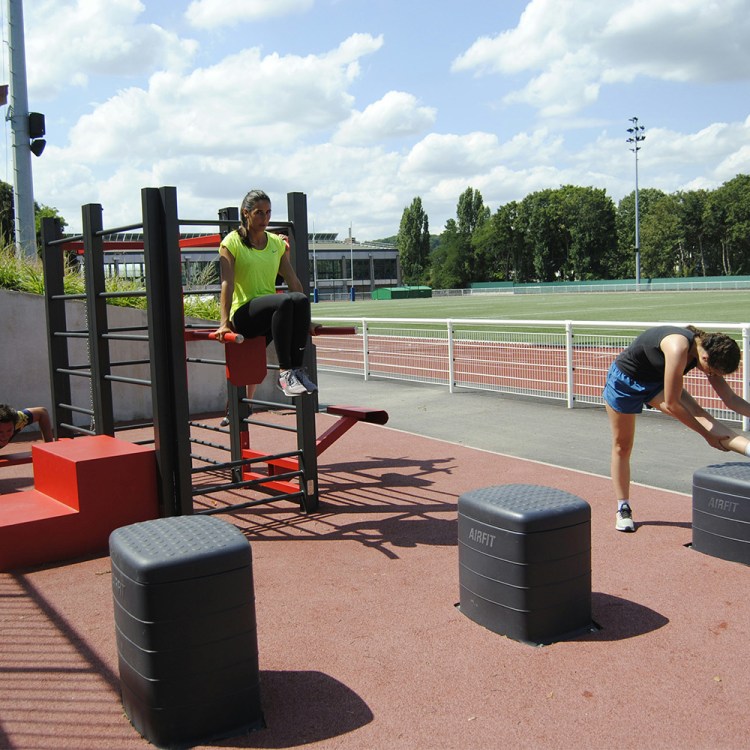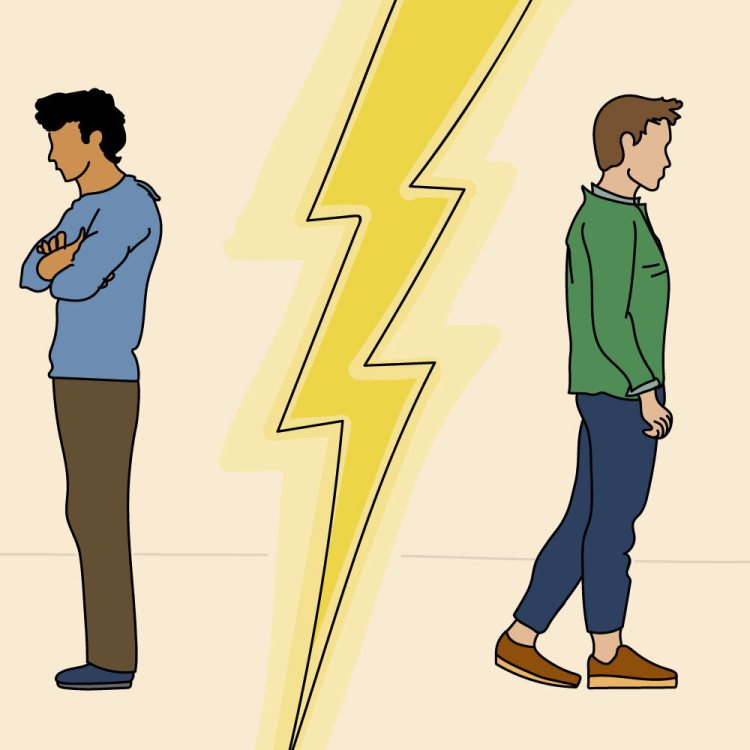Few sports have as global a scope as Formula 1. If you look at the calendar for the 2022 season, you’ll note that a team’s schedule could take them to three continents over the span of a month, moving in and out of time zones at an unrelenting pace.
If you’re traveling from (say) Azerbaijan to Canada to Great Britain in the span of a few weeks, what does that do to your internal clock? And — in a sport where pinpoint concentration is essential — how do you stay sharp as you make your way around the world?
A new article by Phillip Horton in The New York Times explores the methods that Formula 1 drivers and crews have found most useful to prevent jetlag. It quotes physiologist Rupert Manwaring, who works closely with Ferrari driver Carlos Sainz. Among his advice? Sleep on planes, and set clocks ahead to the time at your destination to get used to the time zone there.
Manwaring isn’t the only expert quoted in the article, and the physiologists whom Horton spoke with have opinions on everything from light exposure (avoid it if possible) to caffeine (don’t ingest it after 1 p.m.).
It turns out that exercise can also be helpful for getting a body in sync with a new time zone; Manwaring pointed to Sainz’s fondness for golf as an activity that’s proven useful for addressing the effects of jetlag. And while most people likely won’t have the whirlwind globetrotting schedule of a F1 team, the advice that these experts provide can be helpful in smaller doses as well.
Whether you’re looking to get into shape, or just get out of a funk, The Charge has got you covered. Sign up for our new wellness newsletter today.













